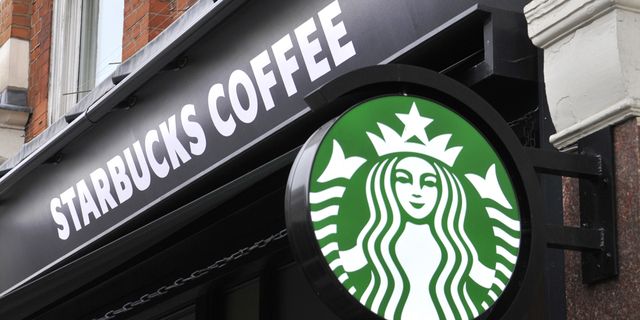By The Malketeer
In a world marked by diverse cultures and varying perspectives, the recent move by Starbucks in Malaysia to feature hijabi models in their buy 1 free 1 campaign signals an attempt to embrace inclusivity. However, this seemingly well-intentioned effort has ignited a social media storm, revealing the complex dynamics at play when global brands navigate the intersection of commerce, culture, and geopolitics.
Starbucks, a global giant in the coffee industry, has found itself amidst controversy and calls for boycotts in Malaysia, Indonesia, and several Arab countries due to the ongoing conflict in Gaza. The decision to use hijabi models, perhaps aimed at reconnecting with the local audience, has been met with mixed reactions.
On the one hand, this move could be seen as a positive step towards diversity and inclusion. By featuring hijabi models, Starbucks appears to acknowledge and celebrate the cultural fabric of Malaysia, where a significant portion of the population adheres to Islamic traditions.
In a diverse nation like Malaysia, representation matters, and seeing individuals who reflect various cultural and religious backgrounds can foster a sense of inclusivity.
However, the backlash on social media suggests that Starbucks may have miscalculated the cultural nuances surrounding the use of hijabi models in this context. Some Twitter users argue that the campaign is inappropriate, particularly when promoting holiday season items traditionally associated with Christmas.
The concern raised is that hijabis in Malaysia, who predominantly belong to the Muslim faith, do not celebrate Christmas due to religious differences.
This controversy underscores the importance of understanding the local culture and religious sensitivities when crafting marketing campaigns. While the intent might have been to showcase diversity, the execution appears to have overlooked the intricacies of Malaysia’s multicultural society.
Moreover, the ongoing calls for boycotting Starbucks and other global brands in Malaysia and beyond due to the conflict in Gaza illustrate the impact of geopolitical conflicts on consumer behaviour. Former Malaysian premier Tun Dr Mahathir Mohamad’s public statement urging Malaysians to continue boycotting these brands reflects the sentiment of those who believe that such actions can make a tangible dent in the revenue of these multinational corporations.
On the other side of the debate are those who question the effectiveness of these boycotts. Some argue that such movements might not significantly impact large corporations like Starbucks, given the vast global market they operate in. However, for those who actively participate in the boycotts, it represents a tangible protest against what some perceive as unethical corporate behaviour.
Starbucks, in response to the social media backlash, maintained its position on social media, signaling a commitment to weathering the storm. The company’s decision to feature hijabimodels, whether strategic or misjudged, reflects the delicate balancing act that international brands face in catering to diverse markets.
As the conflict in Gaza persists, it is likely that these boycotts will continue among those who stand in solidarity with Palestine.
Starbucks, like many other global brands, must navigate this complex terrain carefully, taking into account the cultural nuances of each region they operate in. In an interconnected world, where consumer choices can be influenced by political and social considerations, finding the right balance between inclusivity and cultural sensitivity is crucial for the sustained success of multinational corporations.
MARKETING Magazine is not responsible for the content of external sites.











